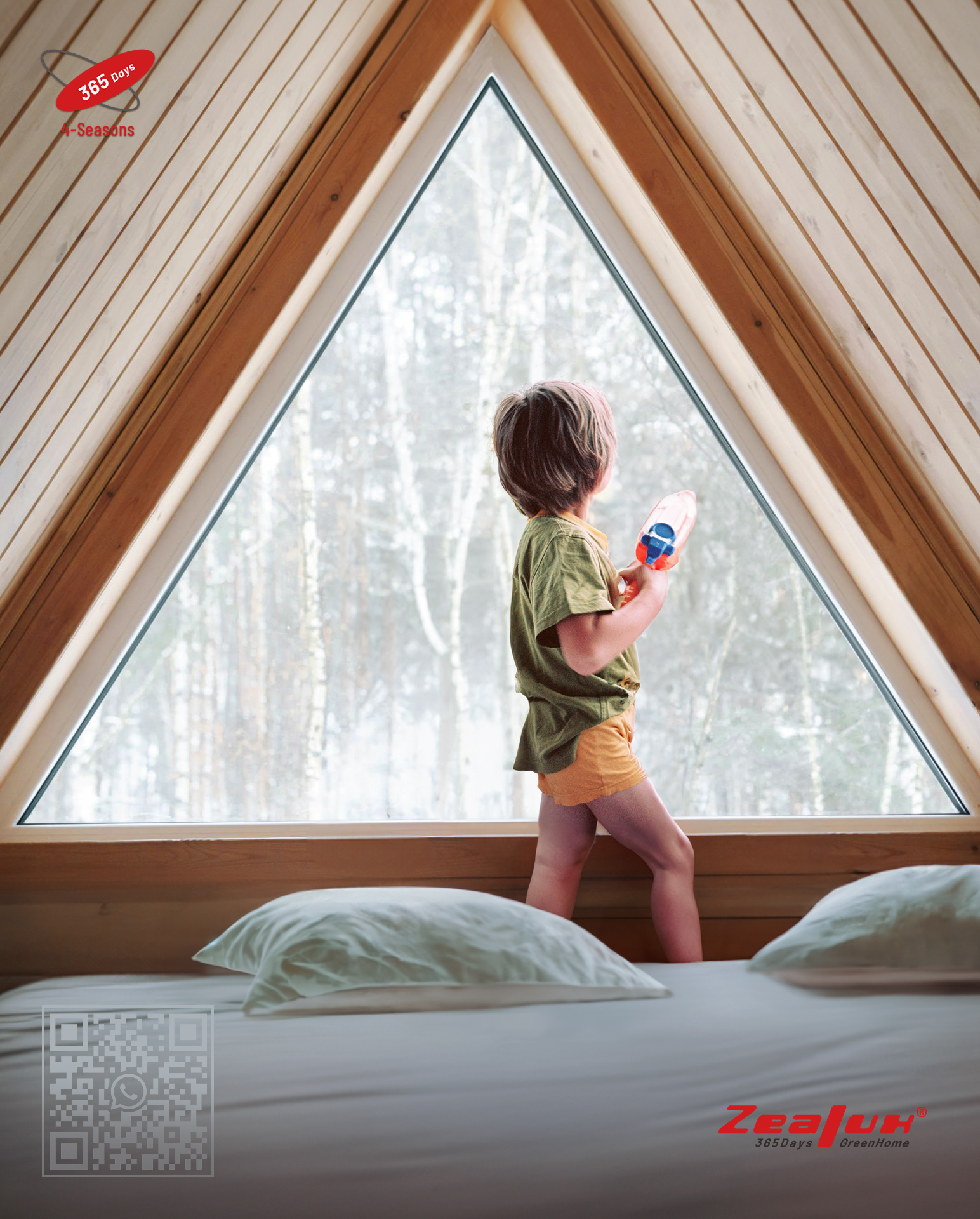As the world increasingly turns its attention toward energy efficiency and sustainability, heat pumps are emerging as a game-changing technology. Widely known for their ability to heat spaces efficiently, heat pumps are now gaining recognition for their cooling potential as well. The development of heat pump technology has significantly evolved over the past few decades, and as the need for low-carbon solutions intensifies, heat pumps are poised to play a central role in the global effort to combat climate change.
This article explores the five key benefits of heat pumps and highlights why they are the future of both heating and cooling systems.
1. Energy Efficiency
Heat pumps are lauded for their energy efficiency, which is one of their most significant advantages over traditional heating and cooling systems. Unlike conventional heating methods that generate heat by burning fuel, heat pumps transfer heat from the air, water, or ground into a building, which means they use far less energy. This makes them a greener alternative, as they can operate with far lower energy consumption while providing the same or even superior levels of comfort.
In addition, modern heat pumps have made significant strides in energy performance, even in cold climates. Through advanced technology, they can now function efficiently in extremely low temperatures, making them versatile for both heating in winter and cooling in summer.
2. Cooling Potential
The cooling capabilities of heat pumps have been an area of growing interest, especially in the context of the increasing demand for cooling systems worldwide. As the UK HVACR research suggests, heat pumps offer substantial cooling potential in addition to their heating function, making them a dual-purpose solution. In fact, air-source heat pumps can reverse their operation, extracting heat from indoor air and expelling it outside, thus providing efficient cooling.
For those living in areas where summers are getting hotter and longer, heat pumps offer an energy-efficient alternative to conventional air conditioning systems. With rising energy costs and growing environmental concerns, the heat pump’s ability to both heat and cool with high efficiency positions it as a superior alternative to traditional HVAC systems.
3. Environmental Impact
Heat pumps are a vital tool in reducing carbon emissions and mitigating climate change. As they do not rely on fossil fuels, they offer a cleaner, greener alternative to oil, gas, and electric heating systems. In fact, heat pumps can reduce carbon emissions by up to 50% compared to conventional heating systems, depending on the source of electricity that powers them.
Additionally, when combined with renewable energy sources like solar panels, heat pumps can become almost entirely carbon-neutral. This synergy allows homeowners and businesses to significantly reduce their carbon footprint and contribute to the global effort of reducing greenhouse gas emissions.

4. Cost-Effectiveness Over Time
While the initial installation costs of heat pumps can be higher than traditional heating and cooling systems, they prove to be cost-effective in the long run. Heat pumps require less maintenance than conventional systems and have a longer lifespan. The lower energy usage of heat pumps translates into lower utility bills, and with governments and municipalities offering incentives and rebates for energy-efficient technologies, the upfront costs can often be offset.
Over the years, as energy prices continue to rise, heat pumps will likely become even more cost-effective, offering considerable savings on heating and cooling costs. Moreover, the potential for energy-efficient cooling during the hot summer months further enhances their value proposition.
5. Versatility and Long-Term Reliability
Another major advantage of heat pumps is their versatility. They are suitable for a wide variety of applications, from residential homes to commercial buildings and industrial facilities. Heat pumps can provide both space heating and hot water, making them an all-in-one solution for climate control and domestic hot water needs.
Moreover, heat pumps are highly reliable, with many models designed to last for 20 years or more with minimal maintenance. Their longevity and reliability make them an attractive investment for anyone looking to upgrade or replace an existing heating or cooling system.
Looking Ahead: The Future of Heating and Cooling Systems
As the global focus shifts towards decarbonization and reducing environmental impact, energy-efficient systems are expected to take center stage in the future of heating and cooling. Advances in technology continue to improve the performance of these systems, especially in colder climates and more demanding applications. With growing concerns over climate change and energy consumption, the role of these systems is becoming even more significant. Moreover, hybrid systems combining renewable energy sources, such as solar thermal systems, with modern climate control solutions, promise to enhance overall energy efficiency. These developments pave the way for even more affordable, sustainable solutions for both residential and commercial applications, making it easier for individuals and businesses alike to adopt low-carbon technologies.
In conclusion, advanced climate control systems represent a pivotal technology in achieving a sustainable, low-carbon future. They provide an ideal solution for both heating and cooling needs, with the added benefit of reducing carbon emissions and cutting energy costs. The combined advantages of energy efficiency, long-term cost savings, and environmental impact make these systems an essential component of global efforts to mitigate climate change. As demand for sustainable solutions continues to rise, these systems are poised to play an increasingly important role in addressing the world’s energy needs.
With ongoing research and development, the potential of modern climate control solutions is only just beginning to be fully realized. These systems are not only effective for heating in the winter and cooling in the summer, but also represent a long-term investment in sustainability. Their ability to integrate with renewable energy sources, such as solar and wind, further amplifies their potential, making them one of the most promising technologies for a sustainable, energy-efficient future.


